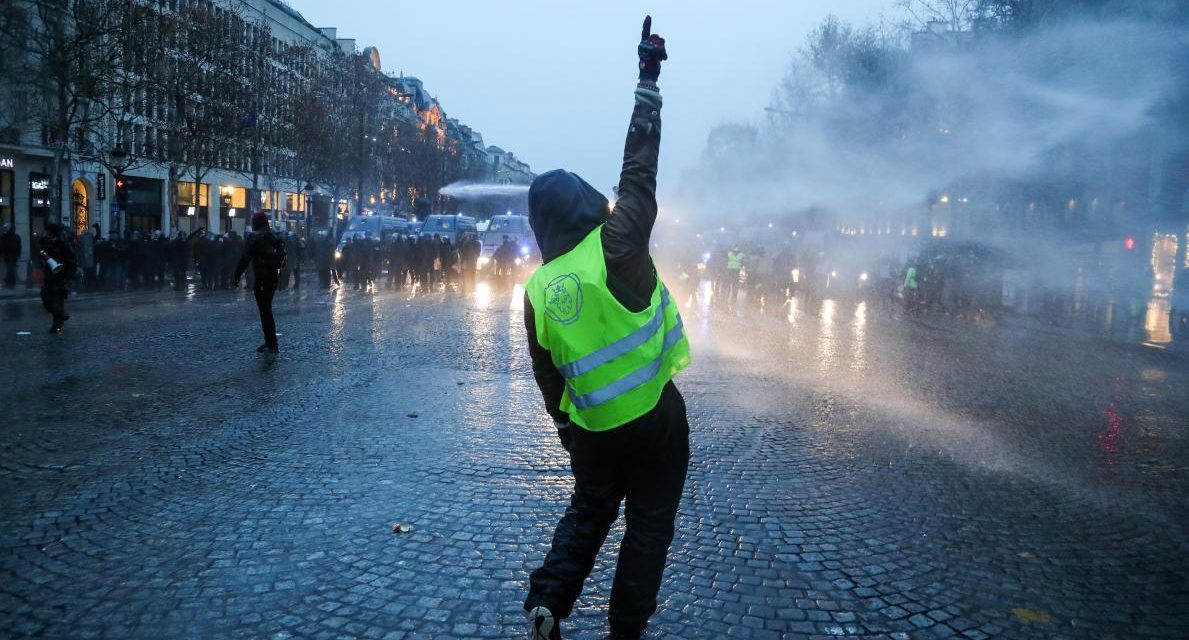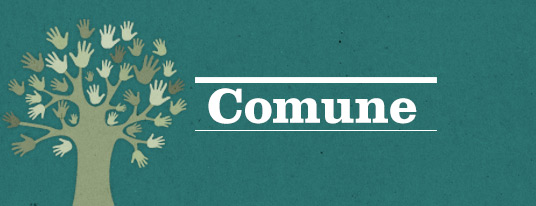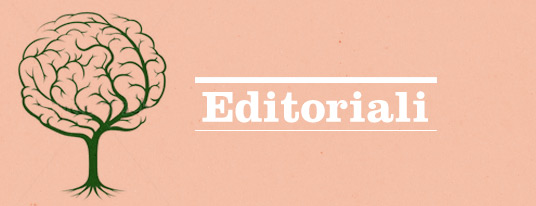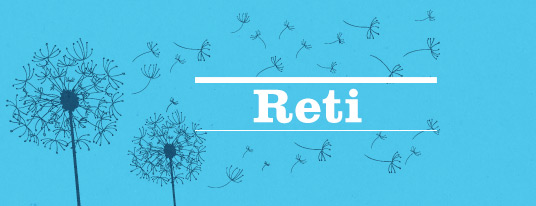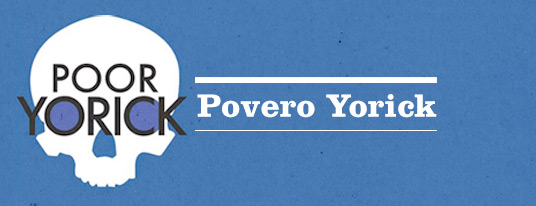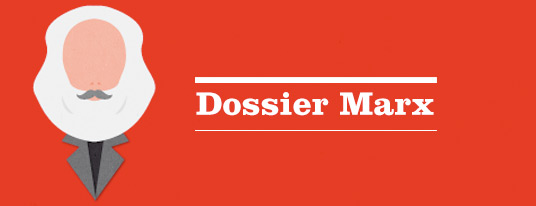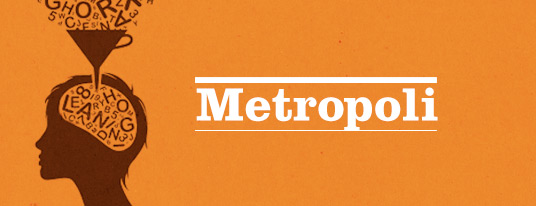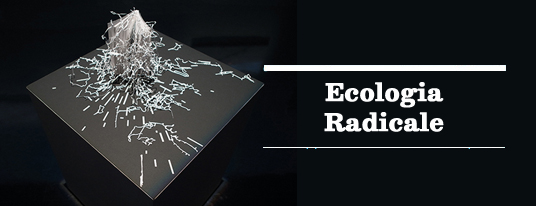English version below
Di TONI NEGRI.
Avenue des Champs Elysées, notte di Capodanno. Racconta una giornalista di Le Monde: c’è tanta gente, qualche Gilet Jaune. Un bambino sovraeccitato li vede e grida: “Papà, guarda, dei Gilets Jaunes!”. “Non ti avvicinare”, risponde il babbo, “guarda prima se sono dei Gilets Jaunes gentili o dei Gilets Jaunes cattivi”.
Direi che, dalla sesta giornata di sabato 22 dicembre, nella quale si sono avute gli ultimi grossi scontri e violenze, il dibattito nazionale francese è stato rinchiuso in quell’alternativa tra i buoni e i cattivi. Su chi fossero i cattivi, nessun problema: erano definiti “fascisti”, ed antisemiti, accusati di aver impedito la libertà di pensiero attaccando alcuni giornalisti, di essere sollecitati da troller russi… Secondo il primo ministro: “un solo viso, vile, razzista, antisemita e putschista”. “È evidente che a fronte della violenza si ricorrerà a risposte più radicali”. Inoltre stanno diventando sempre di meno, con ridicoli calcoli, ogni giorno il Ministero degli Interni lo registra… Macron: “E ora l’ordine deve regnare, la calma e la concordia”.
Ma chi sono i Gilets Jaunes gentili? È molto difficile rispondere a questa domanda, percorrendo i media ufficiali. In questa prospettiva, secondo una logica di progressiva nullificazione, sarebbero ormai inesistenti. Salvo che una base fissa si è costituita su tutto il territorio: i picchetti ai ronds-points continuano, e si sente, ovunque, esprimersi, in un clima di lotte che viene man mano sgrassandosi (dicono i francesi, alludendo a quanto si era in maniera contingente accumulato), un programma assai coerente e tutt’altro che eteroclito. Vediamolo: “restaurazione dell’ISF (l’imposta sule grandi fortune), rivalutazione ulteriore dello SMIG (il salario minimo, oltre i 100 euro finalmente concessi da Macron), blocco del prezzo del carburante, aumento delle pensioni, limitazione delle imposte dirette e indirette, maggiore tassazione delle grandi imprese, divieto di delocalizzazione, sostegno al piccolo commercio, investimenti nei settori pubblici, un serio abbassamento di tutte le tasse e imposte sui generi di prima necessità”.
Viste queste rivendicazioni, che vengono generalizzandosi, risulta assai importante chiedersi da dove vengano, chi sia il soggetto (in senso sociologico) che le propone. Ora, sembra che con sempre maggiore approssimazione, questo soggetto (nei ronds-points come nelle manifestazioni nelle grandi città) sia cosi composto: il 50% di salariati, il 20% di pensionati, il 10% di lavoratori indipendenti, il 5% di disoccupati… Donne e uomini in proporzioni uguali. Ne consegue, non so se logicamente, certo effettualmente, che il movimento dei Gilets Jaunes sia essenzialmente un movimento per la rivalorizzazione del lavoro. Un movimento di rivendicazione salariale (sul terreno sociale). Ecco dove viene, dal punto di vista del governo, “il pericolo di una deriva radicale”. È riapparizione della lotta di classe che terrorizza il potere.
Nella sua ultima allocuzione, Macron ha perfettamente percepito il proiettarsi di quest’ombra, di questo pericolo, sull’intero quadro delle sue politiche. Ed ha tentato di far credere che il programma di riforme, bloccato dal sollevamento dei Gilets Jaunes, continuando a realizzarsi, avrebbe fatto cadere le ragioni della protesta. Con ciò, egli ha mostrato ancora una volta che il potere non vuole comprendere che i Gilets Jaunes non sono un fenomeno congiunturale, ma l’espressione del rifiuto delle logiche neoliberali – rifiuto probabilmente portato contro di esse in un acuto momento di crisi. La rivolta dei Gilets Jaunes attacca infatti tutte le figure di regolazione neoliberali, imposte fin qui alle politiche di spesa dei governi europei. Lungi dall’essere una protesta congiunturale, la rivolta francese possiede forza e dimensioni politiche: è un attacco alle regole neoliberali a livello europeo, e dimostrazione che esse non portano ricchezza alla società attraverso un investimento produttivo che si basa sull’immiserimento della società stessa – semplicemente creano più miseria e fatica di vivere. Ed è curioso che proprio in questi giorni, diversamente da quel che sembra dire Macron, la Banca centrale europea abbia accennato al fatto di essere disponibile a riaprire il rubinetto dei finanziamenti. Più che Macron, saranno stati i Gilets Jaunes a determinarla?
Resta un’ultima questione se vogliamo definire i Gilets Jaunes non solo come “gentili” ma “forti”: in che cosa consiste il loro il loro punto di forza, la loro organizzazione? In che modo si è sviluppata in questo mese di lotte? Al momento, sono ancora un “contropotere” diffuso, fortemente insediati in tutto il paese, ed hanno fissato nuove forme di associazione e di espressione politica all’interno dei gruppi. Diventeranno un partito, come gli altri ai quali si sentono diametralmente opposti? Si esprimeranno attraverso i canali della rappresentanza politica come gli propongono i partiti di estrema destra e di estrema sinistra? Sono domande che ci poniamo da quando il movimento è cominciato, e oggi non sappiamo ancora rispondere. Ma il problema è stato posto, e non sono, io credo, gli imbrogli della “democrazia partecipativa”, né quelli di una “tecnopolitica” applicata al modello esistente di democrazia rappresentativa, che tireranno fuori una soluzione per questo problema. Almeno una cosa sembra che i movimenti abbiano appresa, ed è che tutti i tentativi costituzionali che cercano di costruire il “popolo” nell’unità sovrana di un meccanismo rappresentativo falliscono – davanti alla patente impossibilità di ridurre la molteplicità moltitudinaria a “uno”, a “popolo”. Questa operazione di astrazione è ormai considerata “non democratica”. Si tratta allora, di contro al modello di sovranità esistente, di sperimentare, di provare a istituire nuove figure di rappresentanza non-unitarie, non-sovrane, che si distendano sugli spazi della vita e della produzione sociale.
I Gilets Jaunes stanno sperimentando questa prospettiva. Per cominciare, come abbiamo visto, dicono no. Sono un contropotere. Ma continuando nella loro esperienza, pongono il problema di essere un altro potere. Non è solo, infatti, il programma che abbiamo visto, e che senza timore di essere smentiti, possiamo chiamare “di classe”, che comincia a definire i Gilets Jaunes come un altro potere. Lo è soprattutto la rottura delle lealtà costituzionali fin qui obbedite. Un programma di classe potrebbe in effetti essere messo in atto da un potere sovrano su un popolo obbediente: i Gilets Jaunes lo sanno, come lo sanno tutti coloro che hanno vissuto le tragedie del socialismo nel ventesimo secolo. Un altro potere nasce solo quando il suo esercizio sia recuperato dalle singolarità, e realizzato in forme istituzionali non-sovrane, aperte invece alle oscillazioni come all’intelligenza dell’insieme delle singolarità costituenti la moltitudine. Comunque finisca quest’impresa dei Gilets Jaunes, noi avremo assistito ad un primo esperimento di soviet da parte di un proletariato non solo industriale ma sociale.
Possiamo assumere questo risultato, confrontando il movimento dei Gilets Jaunes a quelli che dal 2011 sono esplosi nelle lotte contro il neoliberalismo (Occupy, 15M, e i movimenti subito repressi nel Nord-Africa e nel Medioriente). Il movimento francese è più esteso, più profondo e politicamente articolato. Il grido “Macron démission” implica un discorso che si svolge su un terreno sul quale la ricomposizione della classe lavoratrice a livello sociale, si è completamente sviluppato. Qui il lavoro è valorizzato sul terreno sociale. La precarietà non è una categoria parziale ma la qualità egemone della forza lavoro, qui il lavoro cognitivo ha investito i processi lavorativi riqualificandoli. È la completezza di questi processi, di questa ricomposizione, che è rivelata (a differenza di quanto è avvenuto negli altri movimenti dopo il 2011) dai Gilets Jaunes.
Non è difficile scommettere che a questa breve stagione seguirà un lungo periodo di repressione. È in questo periodo che chi vuol fare politica dovrà impegnarsi nel ricostruire le linee sulle quali il movimento dei Gilets Jaunes si è espresso.
Per approfondire:
Toni Negri, L’insurrezione francese
Toni Negri, Cronache francesi
Toni Negri, Gilets jaunes: un contropotere?
Fant Precario, La musica del ’68. 50 anni di repression insensate – No Paris 2018: contort yourself
Reflections on the seventh round of the Gilets Jaunes
New Year’s Eve on the Avenue des Champs Elysées. A journalist from Le Monde tells us: there are so many people here, including some Gilet Jaune. An excited child sees them and cries: “Daddy, look, there are some Gilets Jaunes!” “Don’t get too close,” says the father. “First look to see if they are good Gilets Jaunes or bad Gilets Jaunes.”
I would say that, since the sixth day of Saturday protests, on 22 December, in which there were the latest major clashes and violence, the French national debate has been locked up into that alternation between the good and the bad. Who were the bad guys? No problem: they were defined as “fascists”, and anti-Semitic, and were accused of preventing freedom of expression by attacking various journalists, as well as being dupes for Russian trolls … In the words of the Prime Minister [Edouard Philippe]: “One single face, which is vile, racist, anti-semitic and putschist.”… “It is clear that in dealing with this violence we shall have to resort to more radical responses.” Moreover, the numbers of the demonstrators are becoming fewer and fewer, as the Ministry of the Interior informs us with its ridiculous statistics. And then Macron: “And now it is time to return to order, calm and harmony.”
But the question is, who are the good Gilets Jaunes? It is very hard to answer that question if you rely on the official media. Viewed from their perspective, according to a logic of progressive diminution, by now they should no longer exist. Except that a fixed base has been established throughout the whole of France: the picket protests at the roundabout (the ronds-points) are continuing. Furthermore, everywhere you can sense the expression – in an atmosphere of struggles that are gradually swinging into action (as the French would say, referring to the quantity of issues that have accumulated at this particular time) with a very coherent and far from heteroclite program.Let’s run through the list: a restoration of the ISF (the tax on large fortunes); further increases in the SMIG (the minimum wage), above the 100 euros finally granted by Macron); a block on fuel price rises; an increase in pensions; a reduction of direct and indirect taxes; higher rates of taxation on large companies; a ban on industrial relocation; support for small traders; increased investment in the public sectors; a big reduction of all taxes and charges on basic necessities.
Given the nature of these demands, which are being expressed increasingly widely, it is very important to ask where they are coming from, and who (in the sociological sense) is the subject who is proposing them. Now, with a fair degree of accuracy, it appears that this subject (both at the roundabout protests – the ronds-points – and in the demonstrations in the big cities) is composed as follows: 50% wage earners, 20% pensioners, 10% self-employed workers, and 5% unemployed. Women and men in equal proportions. From this it follows (I do not know whether logically, but certainly effectively) that the Gilets Jaunes movement is essentially a movement for the re-valuation [rivalorizzazione] of work. Basically a wages-based movement expressed on the social terrain.This is what explains the position of the government, when they talk of “the danger of a radical escalation”. What really scares those in power is the reappearance of the class struggle.
In his latest speech, Macron has perfectly understood that this shadow, this danger, hangs over the entire framework of his policies. And he tried to persuade his audience that his reform programme, that had been blocked by the uprising of the Gilets Jaunes, if carried to fruition would have removed the reasons that caused the protest in the first place. With this, he showed once again that power refuses to realise that the Gilets Jaunes are not a conjunctural phenomenon, but the expression of a rejection of the logics of neoliberalism – a rejection probably brought against those logics in a moment of acute crisis. The fact is that the revolt of the Gilets Jaunes attacks in fact all the aspects of neoliberal regulation that have been imposed thus far on the spending policies of European governments. Far from being a cyclical protest, the French uprising has political force and dimensions. It is an attack on neoliberal regulation at the European level, and a demonstration that they are not bringing wealth to society through a productive investment that is based on the immiseration of society itself – they are simply create more poverty and effort to live. And it is curious to note that in these days, unlike what Macron seems to be saying, the European Central Bank has been hinting that it might be inclined to re-open the finance taps. Rather than Macron, was this an effect of the actions of the Gilets Jaunes?
One last question remains if we want to define the Gilets Jaunes not only as “kind” but “strong”: what is their strength, their organization?How has it developed during this month of struggle?At the moment, they are still a widespread “counterpower”, strongly established throughout the country, and have established new forms of association and political expression within the groups.Will they become a party, like the others to whom they feel themselves to be diametrically opposed?Will they express themselves through the channels of political representation as as is being proposed by the parties of both the extreme right and the extreme left?These are questions that we have been asking since the movement began, and today we still do not know the answer.But the problem has been posed, and I don’t think that the con-trickery of “participatory democracy”, or that of a “technopolitics” applied to the existing model of representative democracy, will be able to provide a solution for this problem.These movements seem to have learned at least one thing, and that is that all constitutional attempts that have sought to build the “people” into a sovereign unity of a representative mechanism have failed – in the face of the self-evident impossibility of reducing the multitudinarian multiplicity to a “one”, to a “people”.This operation of abstraction is now considered “non-democratic”.So now it is a question of going against the existing model of sovereignty, in order to experiment, to try to establish new non-unitary, non-sovereign figures of representation that extend over all the spaces of life and social production.
The Gilets Jaunes are experimenting with this perspective. To begin with, as we have seen, they are saying no. They are a counter-power. But continuing in their experiment, they are posing the problem of how to be an other power. In fact, it is not only the programme we have seen – and that without fear of being contradiction we can call a “class” programme – which begins to define the Gilets Jaunes as an other power. Above all, it is the breaking of the constitutional loyalties that hitherto have been respected. A class programme could indeed be implemented by a sovereign power over an obedient people. The Gilets Jaunes know this, as does everyone who has experienced the tragedies of socialism in the twentieth century. An other power is born only when its exercise is recuperated by the singularity, and is realised in non-sovereign institutional forms, which instead are open to the oscillations and also to the intelligence of all the singularities constituting the multitude. Wherever this Gilets Jaunes undertaking ends up, we shall have witnessed a first soviet experiment by a proletariat that is not only industrial but also social.
That seems a fair assessment, once we compare the movement of the Gilets Jaunes to the movements that exploded in 2011 in the struggles against neoliberalism (Occupy, 15M, and the movements that arose but were immediately suppressed in North Africa and the Middle East). The French movement is more widely based, and is more deep-rooted and politically articulated. The slogan “Macron resign!” [“Macron démission”] suggests a discourse occurring on a terrain on which the recomposition of the working class at the social level has become fully developed. Here labour is valorised across the entire social field. Precarity is not a partial sociological category but the hegemonic quality of today’s labour power; here cognitive labour has become part and parcel of labour processes and has requalified them. Unlike what happened in the other movements after 2011, what we have been seeing here with the Gilets Jaunesis the completeness of these processes, of this recomposition.
It is not difficult to imagine that this short season of struggle will be followed by a long period of repression. This will be the period during which anyone wanting to do politics will have to commit themselves to consolidating the lines on which the Gilets Jaunes movement has expressed itself.
(translated by Ed Emery)

